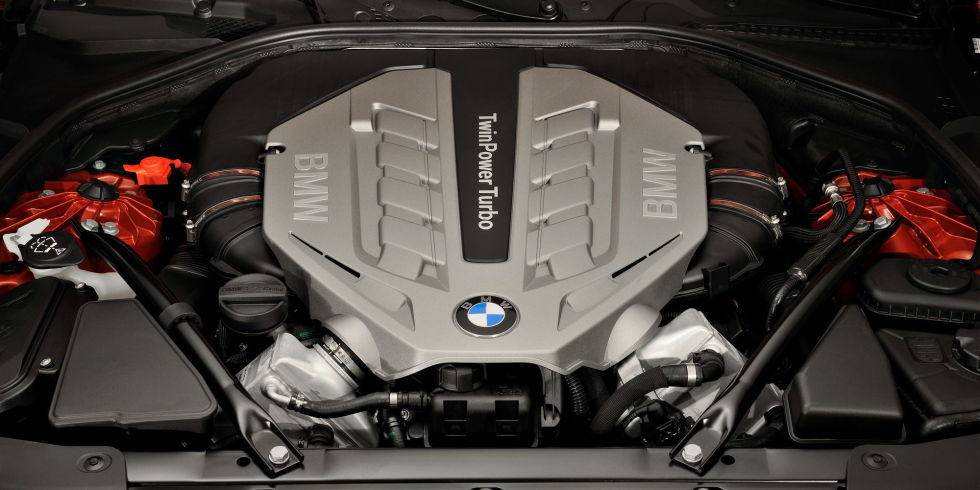I have lots of friends who work on cars for a living. You could call them mechanics, but I think of them as supersleuths. I could write a book about some of the mysteries they've solved, like whacked-out windshield wipers caused by faulty fuel pumps or stability control that refuses to work because of dirty engine oil. Today's cars are so electronically interconnected that problems manifest themselves with the most bizarre symptoms. Here's one for you: BMW turbochargers are killing batteries in search of fuel savings.
BMW is no stranger to strange problems. The company has an admirable track record of introducing new technologies. Unfortunately, the new tech tends to be unreliable at first. The latest example giving BMW's warranty department gas is the N63 twin-turbocharged V8, introduced in 2008.
BMW of North America has recognized a number of N63 components with high failure rates, including timing chains that stretch and snap, leaking crankcase ventilation and fuel lines, and malfunctioning fuel injectors, mass airflow sensors, and vacuum pumps. Rather than waiting for them to break, BMW NA is proactively replacing the parts with improved components through its shrewdly named Customer Care Package, or CCP. This is not a recall, because recalls address vehicle safety. Instead, BMW says, the CCP represents its "commitment to the long-term reliability of our most technologically advanced products." It is undeniably a good customer service move.
BMW is also quietly dropping the V8's oil-service interval from 15,000 to 10,000 miles. Not because of oil-life concerns, but to smokescreen the N63's appetite for motor oil. By shortening the time between oil changes (and sneaking an additional quart into the sump), there's less chance customers will get a low-oil-level warning. Insiders at BMW in Germany say the oil consumption happens to customers who don't ever flog their powerful, turbocharged V8s hard enough to fully break them in. Ironic.
Finally, the CCP offers a way to cover up the N63's habit of chewing through batteries: It contains a technical service bulletin to replace them at every oil change. This is where things get confusing. Why not just fix the underlying electrical problem? As it turns out, BMW can't.
As part of its EfficientDynamics push, BMW's cars are loaded with expensive systems to save fuel wherever possible. One of them, the smart-charging system, operates on the premise that you can increase fuel economy slightly by charging the battery only when coasting. Unfortunately, American drivers aren't coasters, we're cruisers, so the system was murdering batteries. BMW's solution was to throw money at the problem, replacing the batteries with Absorbent Glass Mat (AGM) units that can cope with deeper and more frequent discharge cycles.
UNFORTUNATELY, THE NEW TECH TENDS TO BE UNRELIABLE AT FIRST.
That worked until the V8 gained turbos. With two very hot turbochargers in the very hot valley of its vee, the N63's cooling system must continue to run long after the engine's been turned off. The system's draw is more than the batteries can deal with, so BMW is now swapping out the old 90-Ah AGMs for 105-Ah units—and hoping they'll survive for at least 10,000 miles.
The simple solution would be to reprogram the engine computers to keep the battery's state of charge at a higher level. But in modern cars, everything affects something else, often in the most unlikely of ways. Charging the battery more often would affect fuel economy, which would require BMW to recertify the cars with the EPA. The revised mpg numbers would inevitably be lower than the ones advertised. Hello, class-action lawsuit.
So BMW can't actually fix the battery problem, it can only mask it. While it may be counterintuitive that turbocharging resulted in engines so understressed that they never break in, it's understandable. But who'd have thought adding turbos in search of better fuel economy would accidentally increase battery consumption? I feel for the guy who had to figure that one out.










 Απάντηση με παράθεση
Απάντηση με παράθεση




